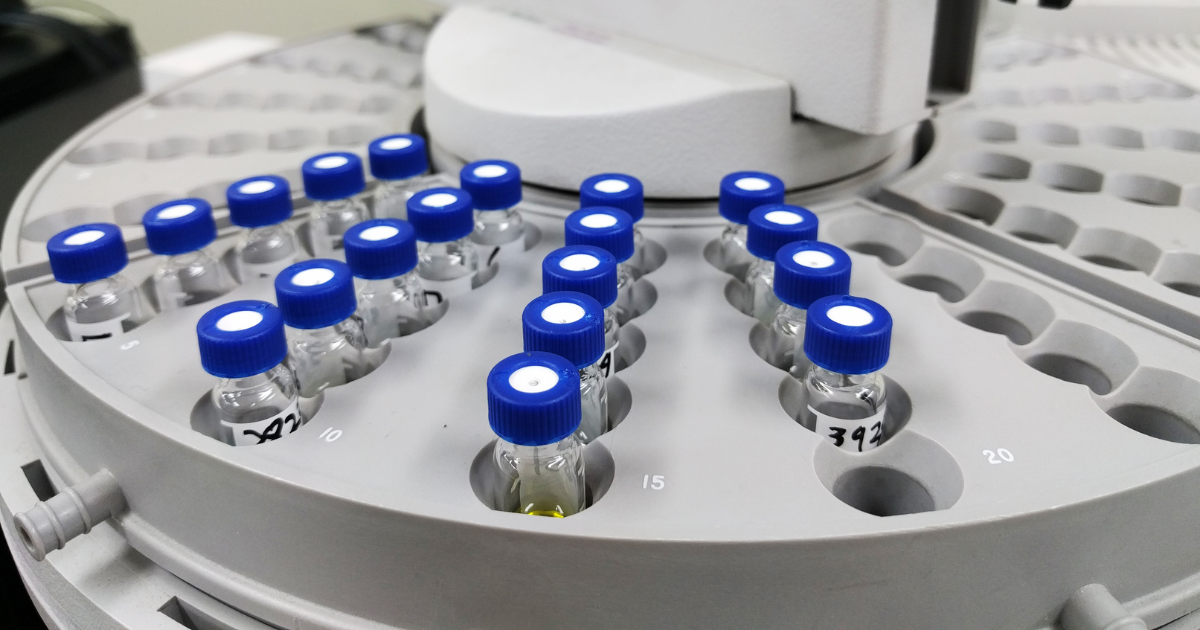Exosome Therapy: The Next Big Thing in Skincare

Have you ever heard of these little things called exosomes? Well, these little biological particles aren’t something new. Exosomes have been researched extensively for years for their potential therapeutic applications, and now with more support than ever the skincare industry has finally caught on to this growing trend.
Before jumping in, let’s discuss exactly what exosomes are and how they differ from the all-time popular stem cells:
Exosomes are small vesicles that are naturally found in almost all cells, tissues, and body fluids and play a major role in cell-to-cell communication. Specifically, exosomes are tiny parts made by cells when two cells join together. When they fuse, little bumps appear and break off from the cells. These bumps are called exosomes and they carry important things like genes and proteins to different parts of the body.
Stem cells, on the other hand, are undifferentiated cells, meaning they have the potential to become a variety of different types of cells in your body when needed and are often associated with regenerative medicine.
In very simple terms, stem cells are blank master cells that become something they need to be in the right conditions, while exosomes are everywhere and create important messages to and from cells to tell them exactly what to do and how to do it resulting in improvement of overall cell function.
Now why are exosomes gaining so much attention and how do they benefit us compared to stem cells?
One of the major benefits of using exosomes over stem cells is that they are easier to obtain and process. While obtaining stem cells involves invasive procedures such as bone marrow aspiration or adipose tissue extraction, exosomes can be isolated from various body fluids, such as blood or urine, or obtained from cell culture liquids. Exosomes can also be processed and stored more easily than stem cells, making them a more practical option for therapeutic applications.
Another major benefit of using exosomes over stem cells is their safety profile. Stem cell therapy carries a risk of tumor formation, immune rejection, and other complications. Exosomes, however, are non-immunogenic and do not have the potential to form tumors, making them a safer option for therapeutic use without the risk of rejection stem cells carry with them.
But how does all this now apply to skincare you might ask?
Exosome therapy is becoming a popular treatment for a variety of skin concerns. These therapies include applying exosomes topically to the skin to improve skin health and appearance. This therapy can be used to address issues such as fine lines and wrinkles, hyperpigmentation, and acne scarring. In fact, a recent study published in the Journal Biomaterials Research found that exosomes derived from human adipose tissue stem cells can promote skin regeneration and reduce inflammation in skin cells.
Exosomes are also very unique in their ability to penetrate the skin barrier and deliver their load of growth factors (up to three times as much as stem cells) and other molecules directly to the skin cells. This targeted delivery system can help improve the efficacy of future skincare products and treatments.
Currently, exosomes are also being used in combination with other skincare treatments, such as microneedling and PRP therapy. These treatments work by creating tiny punctures in the skin to stimulate collagen production and enhance the penetration of skincare products. Exosomes being added to these treatments naturally help boost their effectiveness and increase recovery.
Despite the potential benefits of exosome therapy, more research is needed to fully understand their effects on the skin. It is important to note that exosome therapy is still considered experimental and is not yet widely available. As with any skincare treatment, it is important to consult with a qualified healthcare professional before trying exosome therapy.
In conclusion, while exosomes are not stem cells, they offer a targeted delivery system for growth factors and other molecules that can help improve skin health and appearance. As research on exosomes continues, we may see more skincare products and treatments incorporating these tiny particles in the future.


